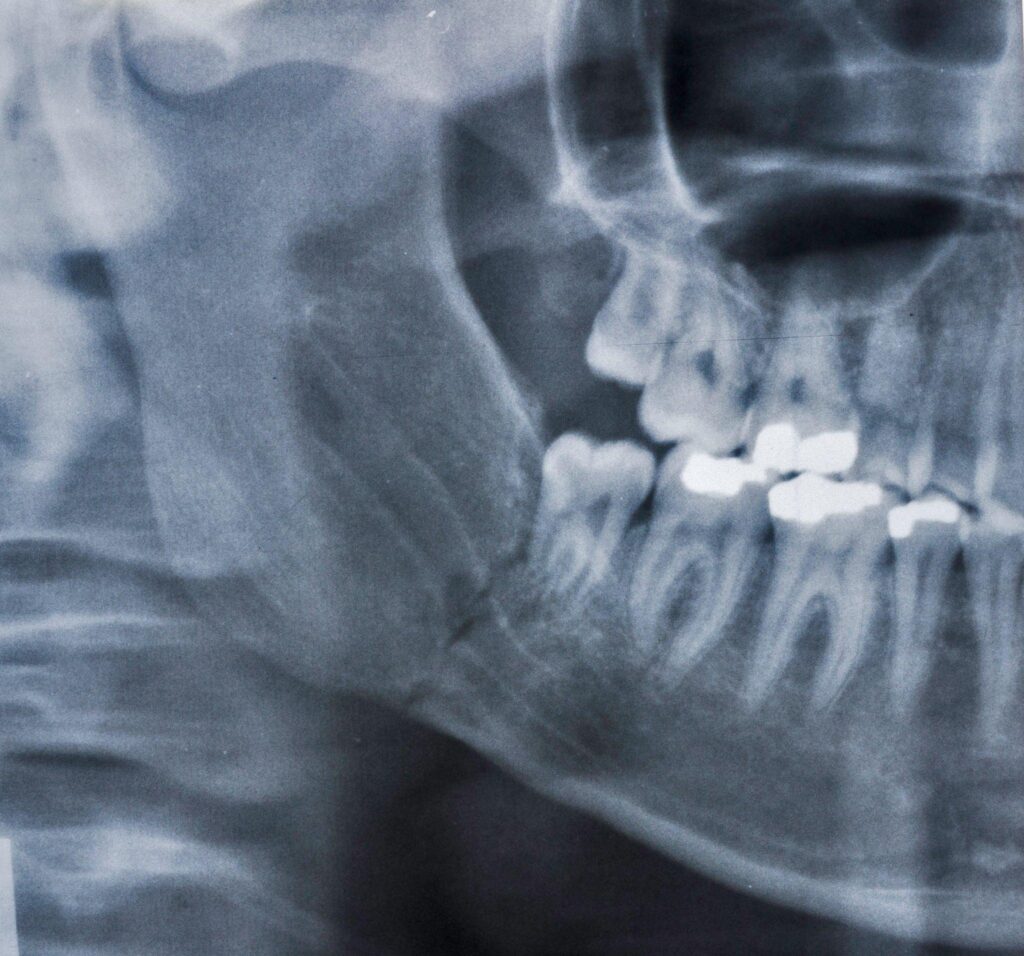Are dental X rays safe? Dental x-rays play a vital role in diagnosing and treating dental conditions. However, concerns regarding the safety of dental x-rays have been raised by patients. In this article, we will explore the topic of Are dental X rays safe and provide insights into the benefits and risks associated with these imaging procedures.
Understanding Dental X-Rays
Are Dental x-rays safe. Dental x-rays also known as radiographs, are diagnostic tools used by dentists to visualize the internal structures of teeth, bones, and soft tissues in the oral cavity. They help identify dental issues that may not be visible during a routine dental examination.
The Importance of Dental X-Rays
Dental x-rays are essential for accurate diagnosis and treatment planning. They enable dentists to detect tooth decay, gum disease, infections, impacted teeth, bone loss, and other oral health conditions. By identifying these problems early on, dentists can provide timely interventions, preventing further complications.
Types of Dental X-Rays
Are dental X rays safe? There are several types of dental x-rays used in dental practices. Each type serves a specific purpose and provides unique views of the oral structures.
Bitewing X-Rays
Bitewing x-rays capture the upper and lower teeth in a single image. These x-rays are useful in detecting cavities between teeth, assessing bone levels, and evaluating the fit of dental restorations.
Periapical X-Rays
Periapical x-rays focus on a specific tooth and show the entire tooth, from the crown to the root. They help identify issues such as abscesses, cysts, and abnormalities in the tooth’s root structure.
Panoramic X-Rays
Panoramic x-rays provide a broad view of the entire mouth, including the teeth, jaws, sinuses, and temporomandibular joints. They assist in evaluating overall oral health, assessing impacted teeth, and planning orthodontic treatments.
Cone Beam Computed Tomography (CBCT)
CBCT scans generate three-dimensional images of the oral structures. They are particularly useful in complex cases, such as dental implant placement, orthodontic treatment planning, and diagnosing temporomandibular joint disorders.
The Safety of Dental X-Rays
Are dental X rays safe? When performed correctly and with proper safety measures, dental x-rays are considered safe. Here are some important points to consider:
Minimal Radiation Exposure
Modern dental x-ray machines emit significantly lower levels of radiation compared to older machines. The exposure from dental x-rays is minimal and is equivalent to the background radiation received from the environment during a typical day.
Protective Measures
Dental practices take several precautions to minimize radiation exposure. Lead aprons, thyroid collars, and lead-lined walls protect patients from unnecessary radiation. Dentists also employ digital x-ray systems that reduce radiation exposure by up to 80% compared to traditional film-based systems.
Appropriate Usage
Dentists follow the “As Low As Reasonably Achievable” (ALARA) principle when prescribing x-rays. This means that x-rays are only recommended when necessary, based on the patient’s dental history, symptoms, and clinical judgment. Dentists carefully weigh the benefits of x-rays against the potential risks.
Risks and Concerns
Are dental X rays safe? While dental x-rays are generally safe, there are some risks and concerns to be aware of:
Radiation Exposure
Although the radiation exposure from dental x-rays is minimal, repeated exposure over time can accumulate. However, the risk of developing adverse effects from dental x-rays is extremely low, especially with modern equipment and safety measures.
Pregnancy and X-Rays
During pregnancy, dental x-rays should be limited to essential procedures. However, the American College of Obstetricians and Gynecologists states that the radiation exposure from dental x-rays is unlikely to cause harm to the developing fetus, particularly when protective measures are used.
Pediatric Patients and X-Rays
Dentists take extra precautions when performing x-rays on children. The radiation dose is further reduced, and lead aprons with thyroid collars are used to protect sensitive tissues. Dentists adhere to pediatric radiology guidelines to ensure the safety of young patients.
Benefits Outweigh the Risks
The benefits of dental x-rays, such as early detection and accurate diagnosis of dental problems, outweigh the minimal risks associated with radiation exposure. By identifying issues at an early stage, dentists can provide appropriate treatment, potentially saving patients from more extensive and costly procedures in the future.
Conclusion
Are dental rays safe? Dental x-rays are a valuable tool in modern dentistry, enabling dentists to diagnose and treat oral health conditions effectively. With advancements in technology and stringent safety measures, the risks associated with dental x-rays are minimal. Dentists follow strict guidelines to ensure patient safety and use x-rays judiciously to provide optimal dental care.
FOR MORE
I hope that this article is helpfull for your question (Are dental X rays safe), For more informative and knowledgeable articles or blogs visit our website https://cincinnatidentalservices.org
Frequently Asked Questions
Yes, dental x-rays are necessary to detect and diagnose dental issues that may not be visible during a routine dental examination.
The frequency of dental x-rays depends on various factors, including the patient’s age, dental history, and oral health condition. Dentists typically recommend x-rays every 6 to 24 months.
The risk of developing cancer from dental x-rays is extremely low. Modern dental x-ray machines emit minimal radiation, and protective measures are in place to minimize exposure.
During pregnancy, dental x-rays should be limited to essential procedures. However, when necessary, dental x-rays with proper protective measures are unlikely to cause harm to the developing fetus.
Dentists use lead aprons, thyroid collars, and lead-lined walls to protect patients from radiation exposure during x-ray procedures. They also employ digital x-ray systems that reduce radiation levels significantly.

